
The I Project
Activism through art initiative, rooted in intersectionality theory, aiming to create equitable communities.
The Problem
The Education Emancipation campaign targets educational inequity and broader systems of unequal resource distribution that undergird gun violence in predominantly Black and Brown neighborhoods in Chicago like South Shore in which venues to education and mobility are absent due to lack of state investment. In 2013, 54 Chicago Public Schools were closed, all on the south and west sides of Chicago.1 In that same year, Walter Payton College Prep, a predominantly white school located in northern Chicago, received $17 million dollars in Tax Increment Funding.2
This disparity in state investment has deserted these communities and manifested itself in steadily rising poverty and unemployment rates that lock in gun violence as the only option to survive in neighborhoods sapped of opportunity and resources. In fact, the poverty rates among Black Americans have risen since Brown v. Board; in 1960, the poverty rate for Black Americans was at 29.7%. In 2011, the poverty rate for Black Americans hit 34.1%. Unemployment rates among Black Americans have also climbed since 1968 from 7.6% to 19.5% in 20113. Gang activity in Chicago is not a spontaneous occurrence; rather, it’s a direct reflection of decades of state-enforced education policies that have kept Black students out of well-funded white schools and locked into alternative ways of making money to survive due to lack of access to higher education. Understanding education’s liberatory force to scaffold financial stability and economic activity is essential to unlocking sustainable solutions to gun violence in Chicago.
The Solution
Founded in 2015, The I Project is a non-profit with an activism through art initiative rooted in intersectionality theory, striving to create equitable communities. Specifically, the Education Emancipation campaign is a component of The I Project, aiming to provide resources to south and west side Chicago Public Schools elementary schools, so that those schools may be educationally equitable to other schools across the city. The campaign is based on the premise that the underlying cause of Chicago’s gun violence problem is the inaccessibility of resources such as education, employment, and nourishment. We believe that addressing the problem of educational inequity will semi-eradicate the need to partake in gang activity as a means of income.
The I Project team seeks to expand upon the Education Emancipation campaign. This summer, we are embarking on a project that will mobilize activism and art to provide access to leisure to the South Shore community, collect revenue for education equity, and collect data on the needs of the South Shore community.
1.Yaccino, Steven, and Motoko Rich. “Chicago Says It Will Close 54 Public Schools.” The New York Times, The New York Times, 21 Mar. 2013,
2. Ahmed-Ullah, Noreen. “Payton Gets a $17 Million Addition.” Tribunedigital-Chicagotribune, The Chicago Tribune, 19 Sept. 2013,
3. Bogira, Steve. “A Dream Unrealized for African-Americans in Chicago.” Chicago Reader, Chicago Reader, 28 Apr. 2018.
Stage of Development
- Early Stage
- Established Prototype
- Scaling
- Other
Organization to Receive Funds
The I Project is a group of queer women students of color all under twenty, predominantly Black, who aim to confront societal norms regarding queerness, race, and gender using art as a vehicle for activism. We are all artists in some form who have lived under the rigid subjugation of a society that does not understand us and intend to utilize our experiences to motivate careers in activism and justice. Funding by you, the Shared Nation, will go to benefit our Education Emancipation campaign.
Find Out More





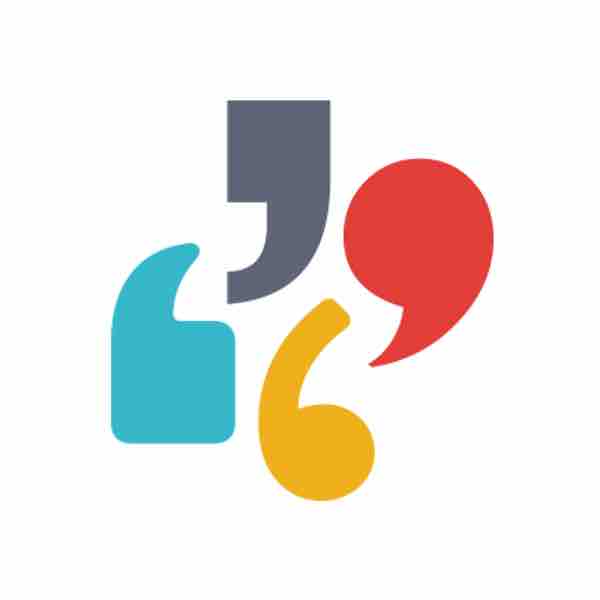
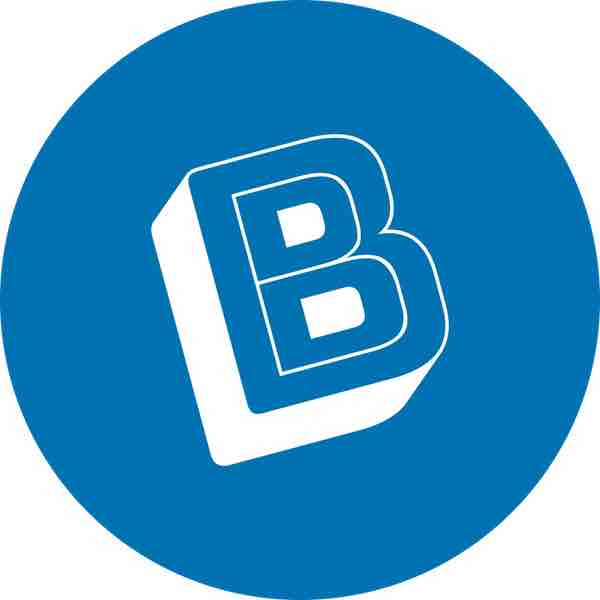
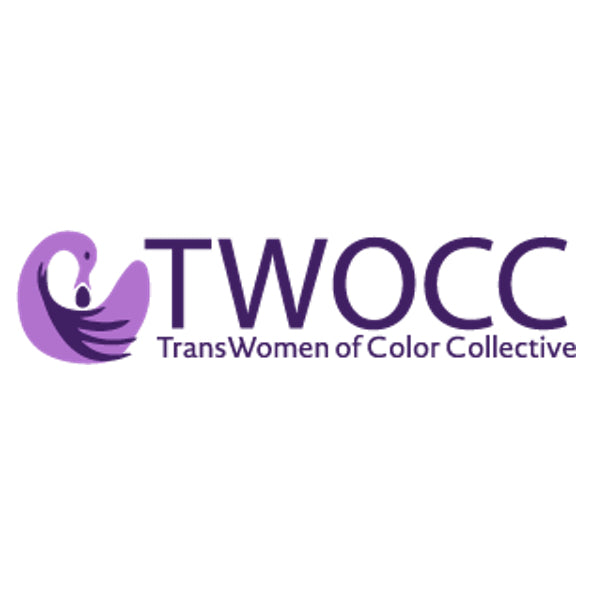

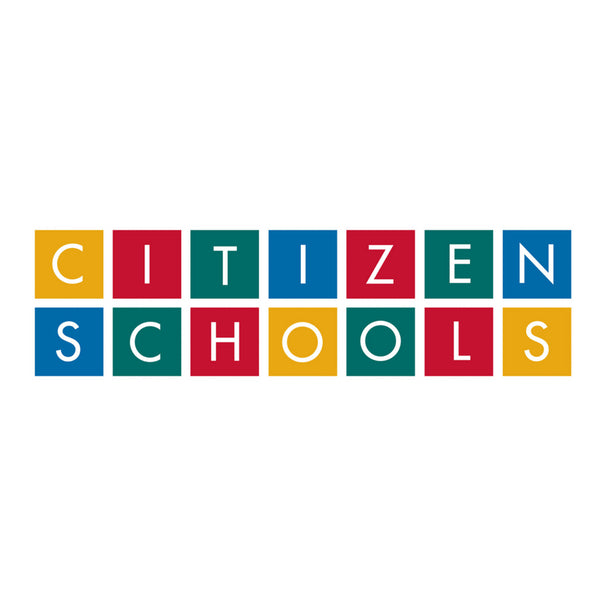
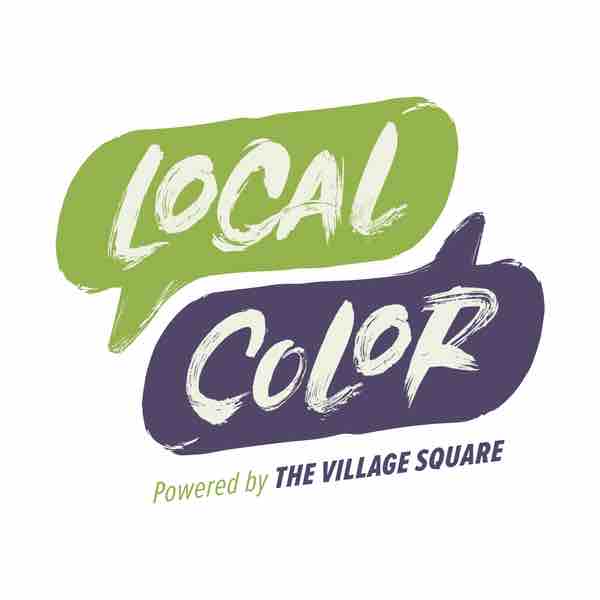
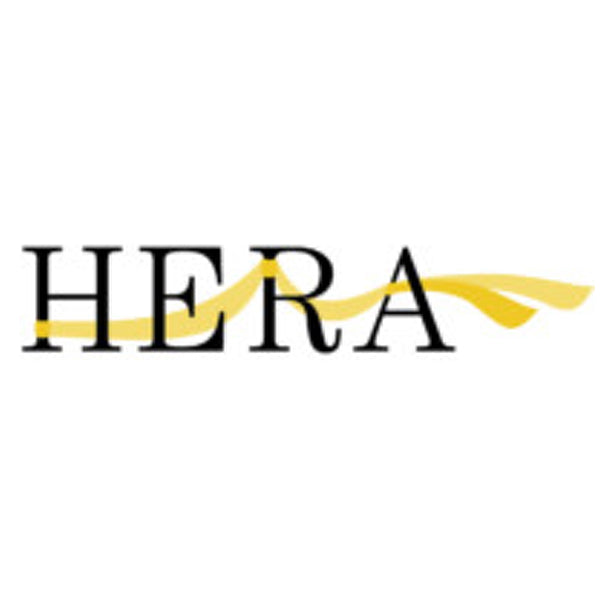
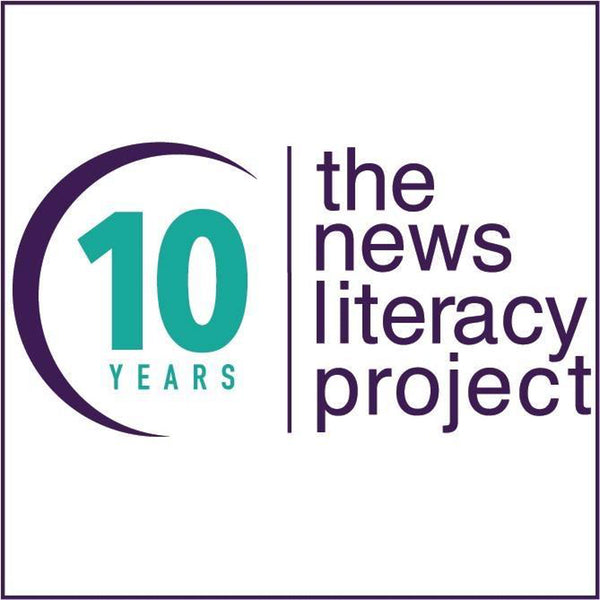
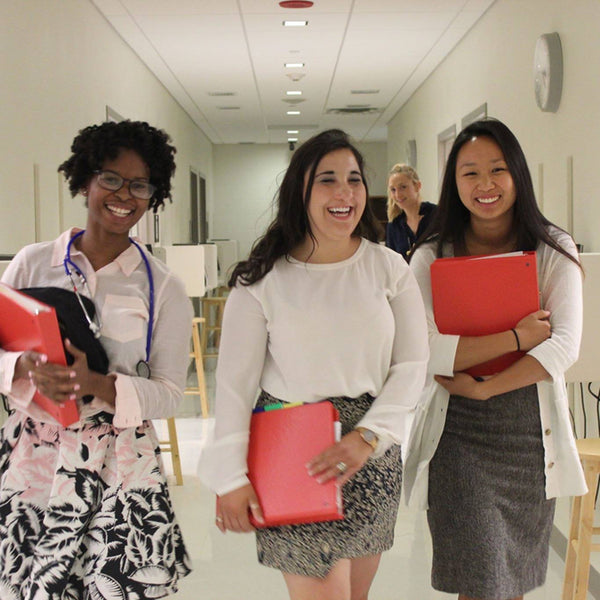
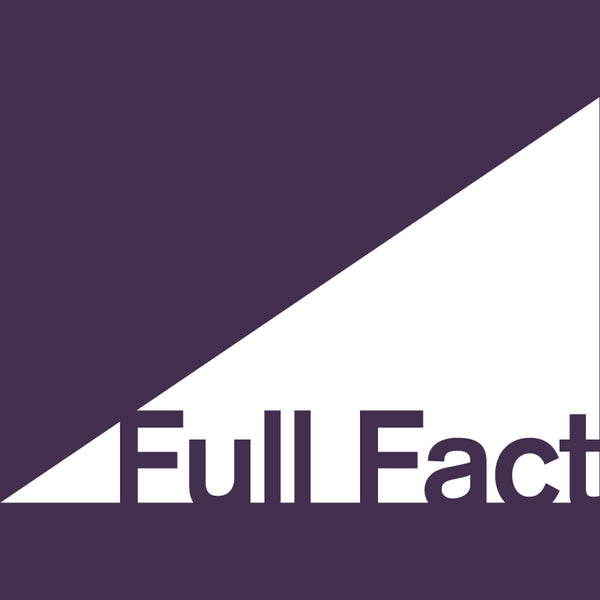
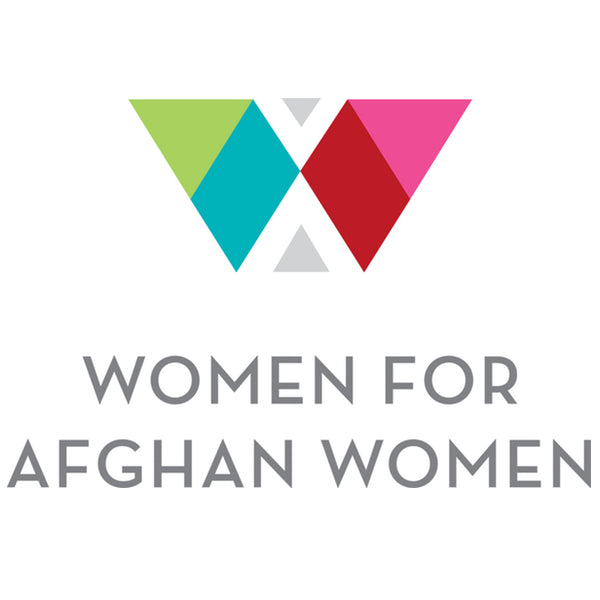
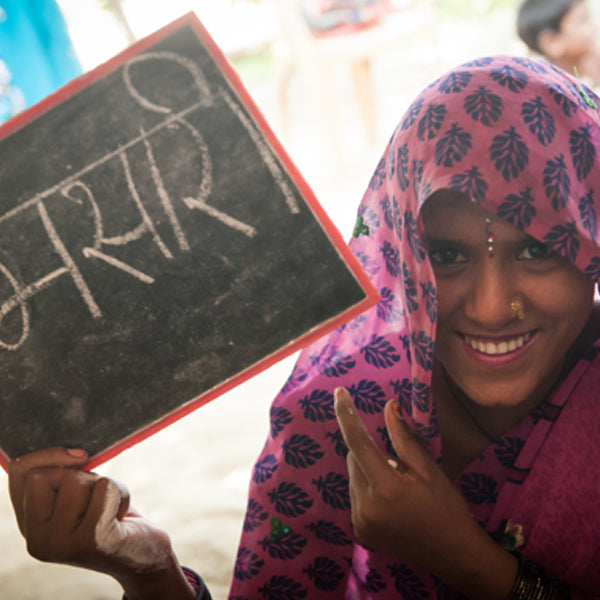
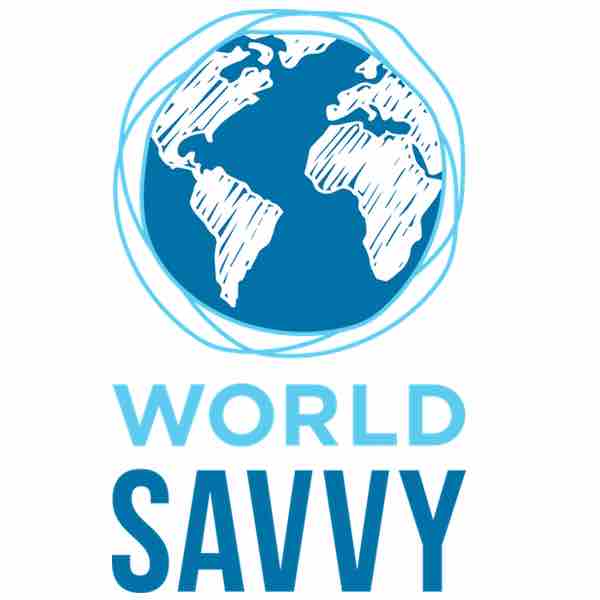
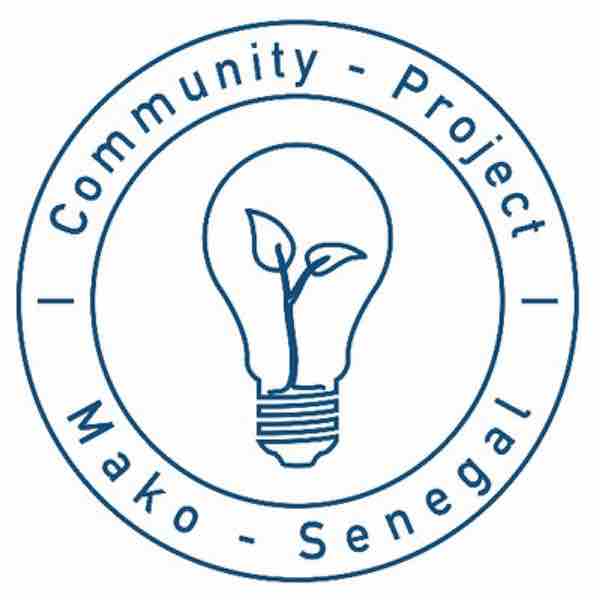
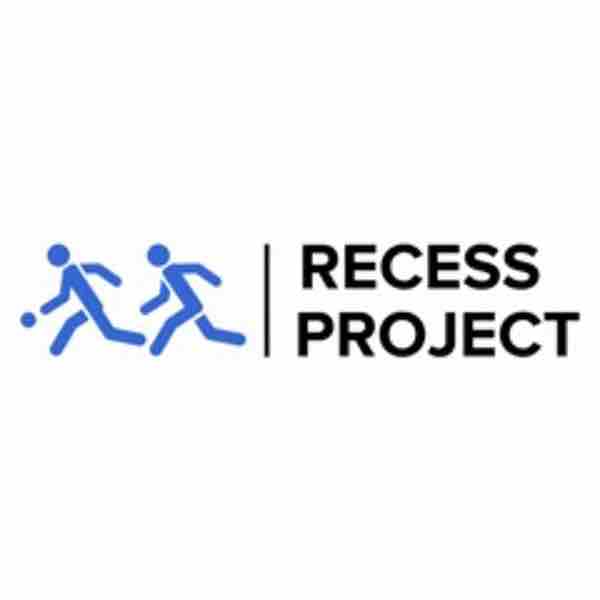
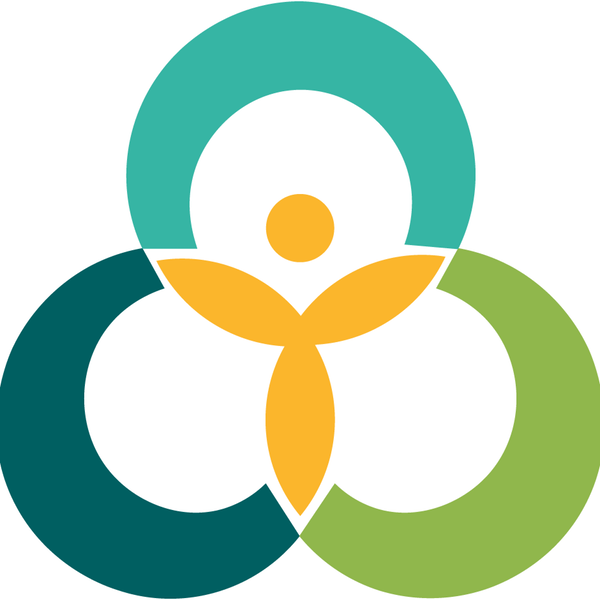
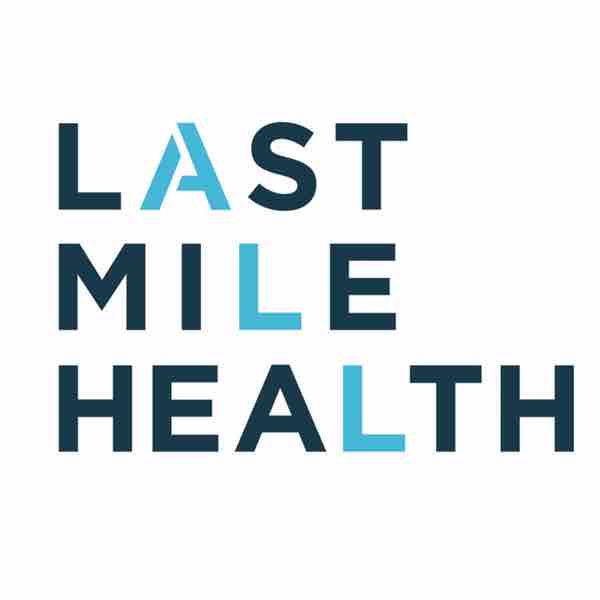

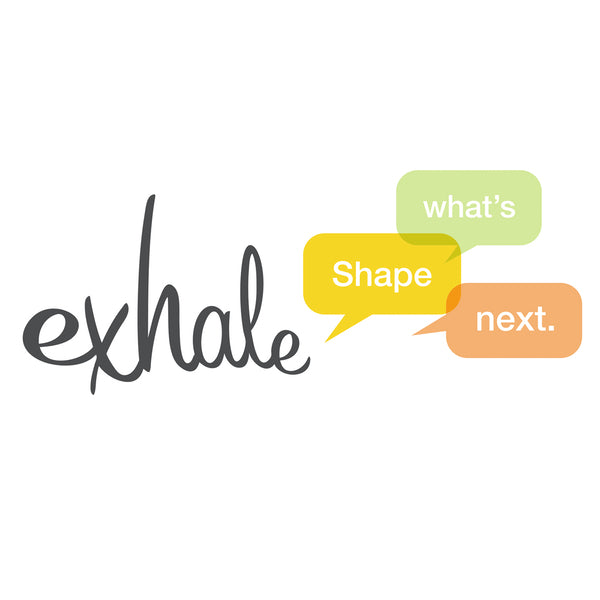
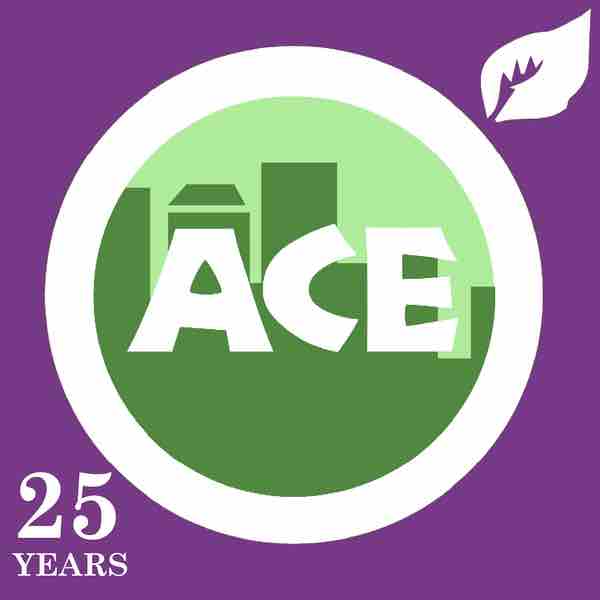

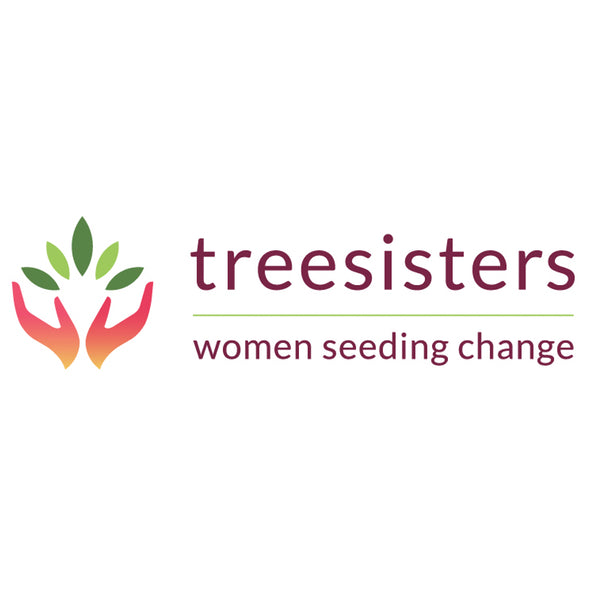
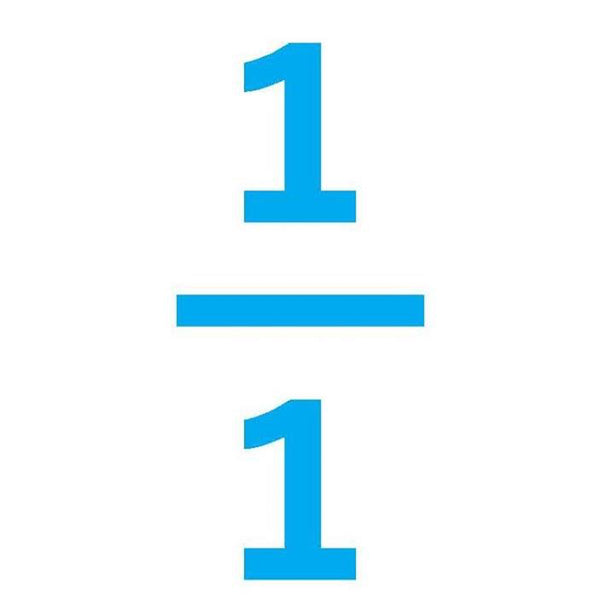
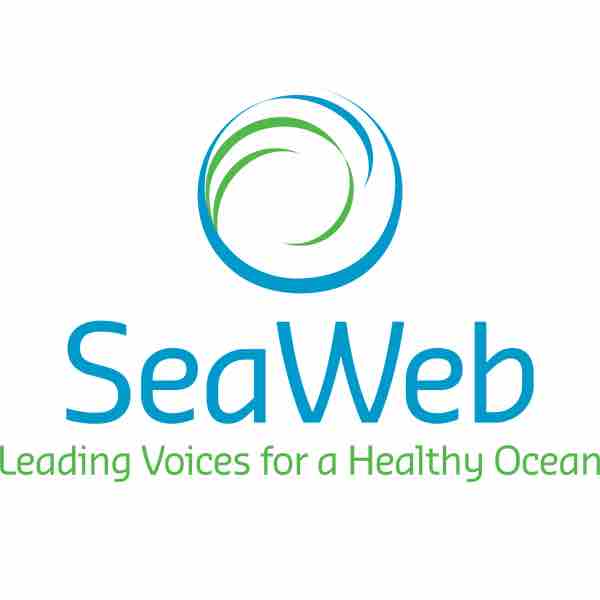
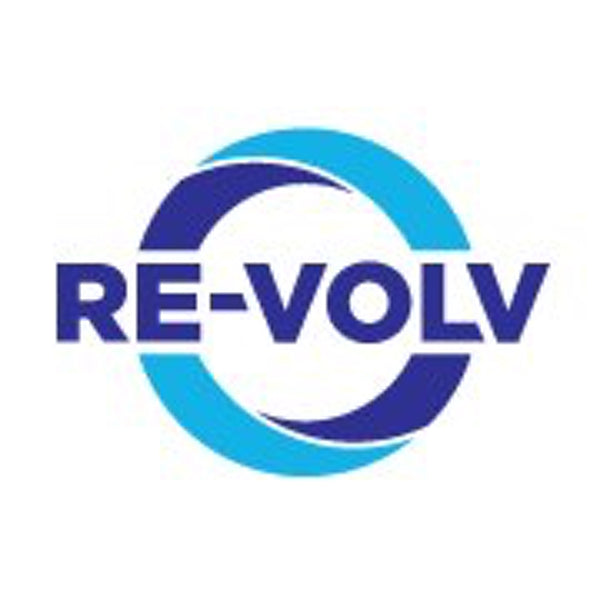
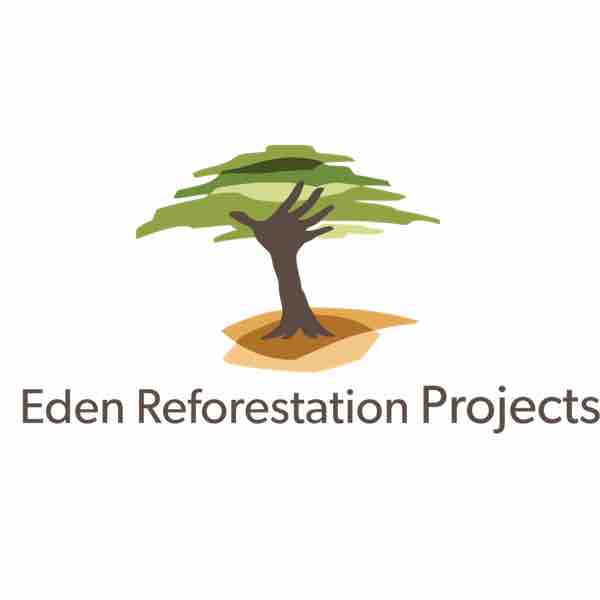

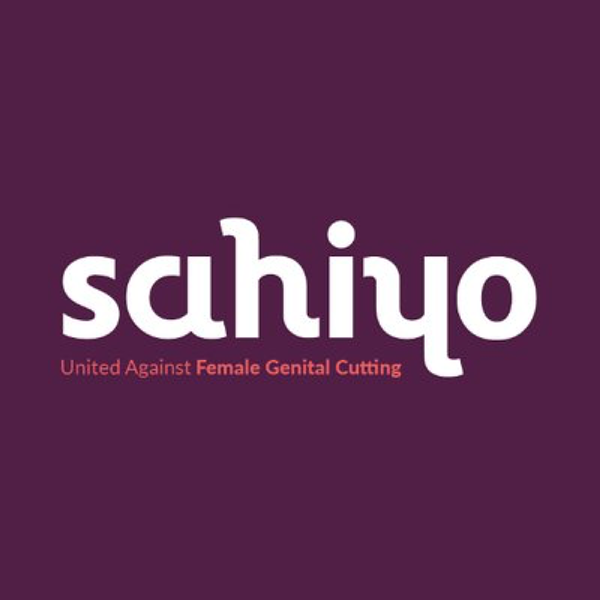


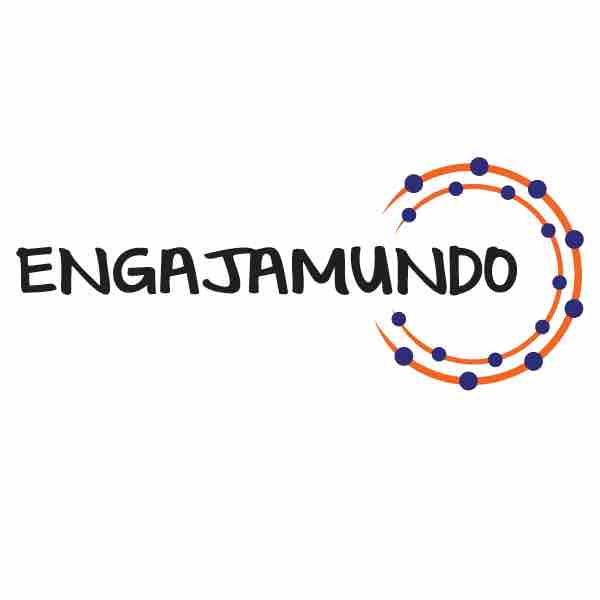
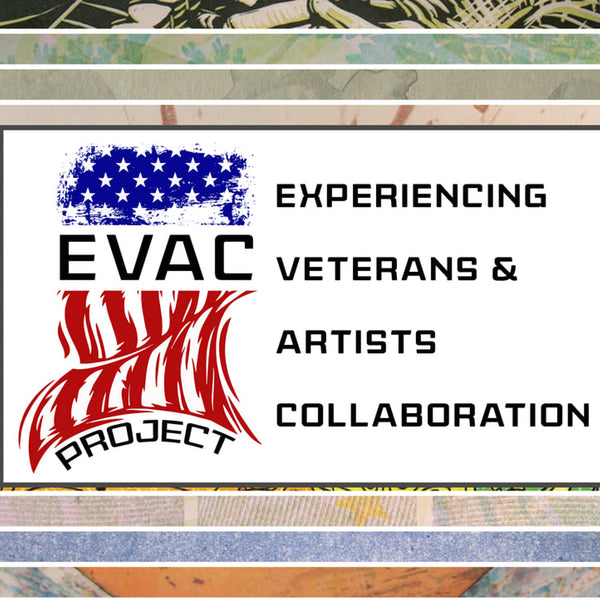
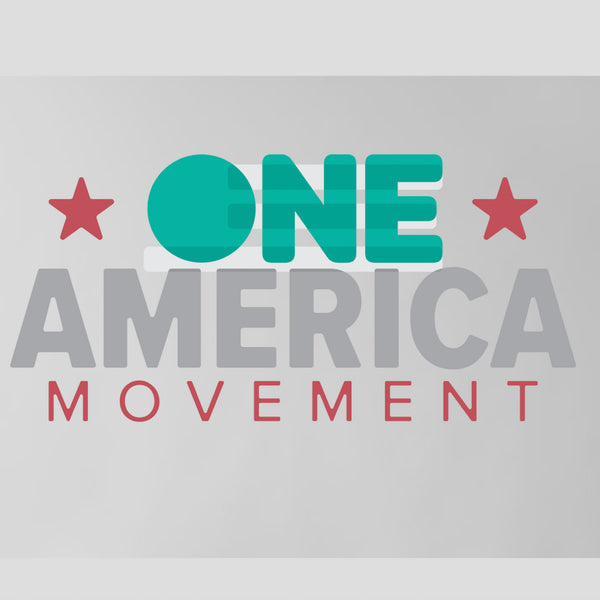
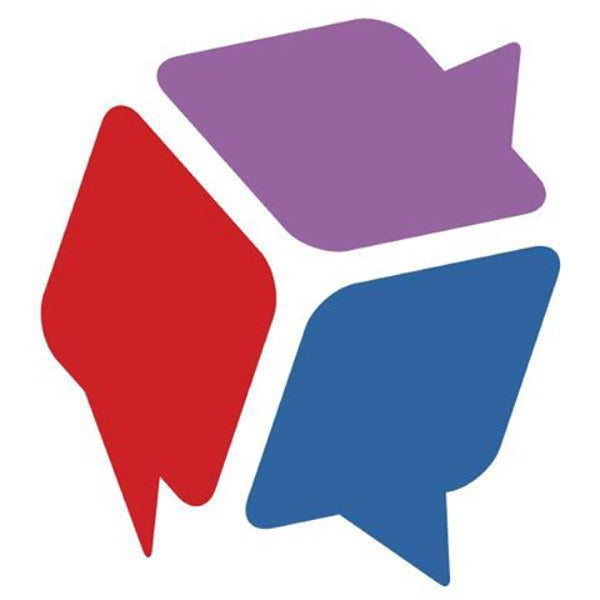
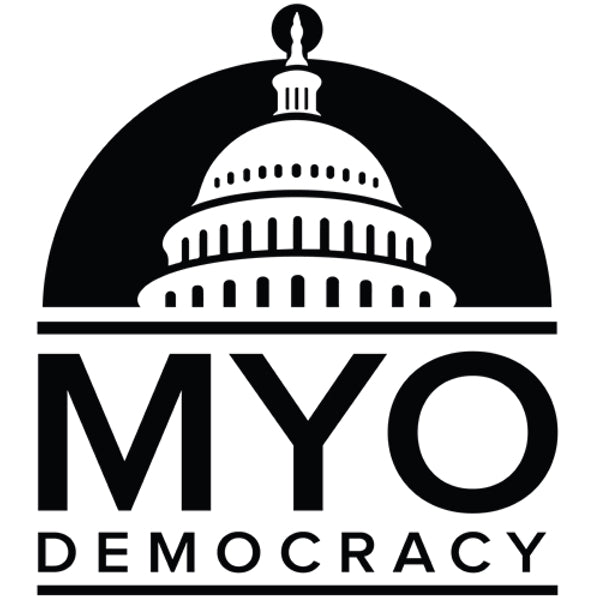
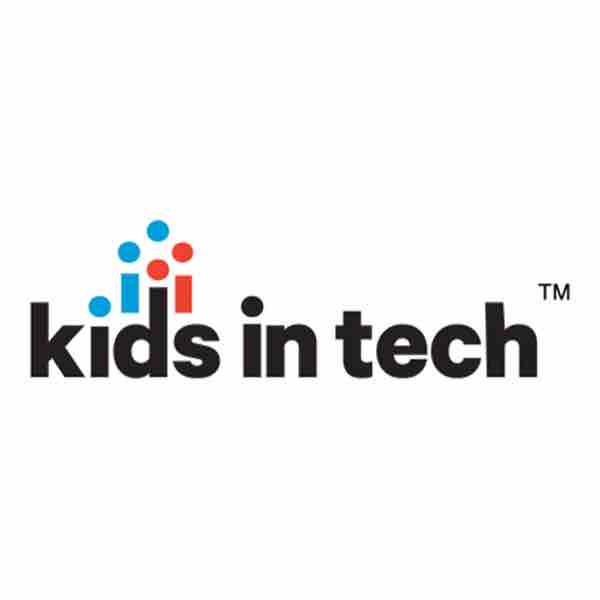
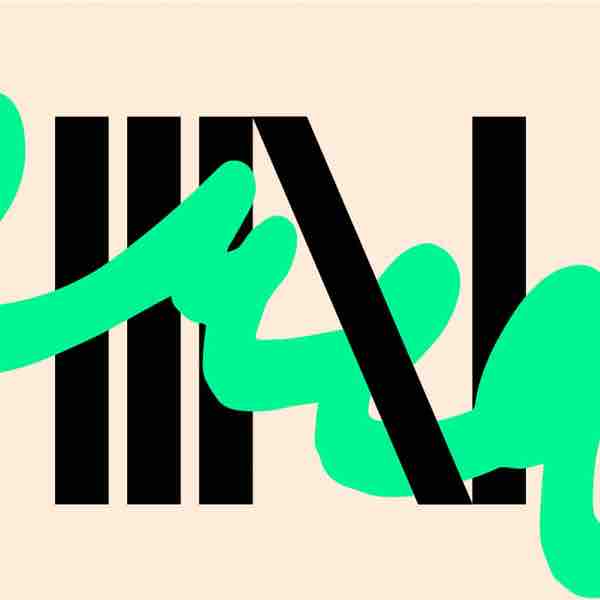




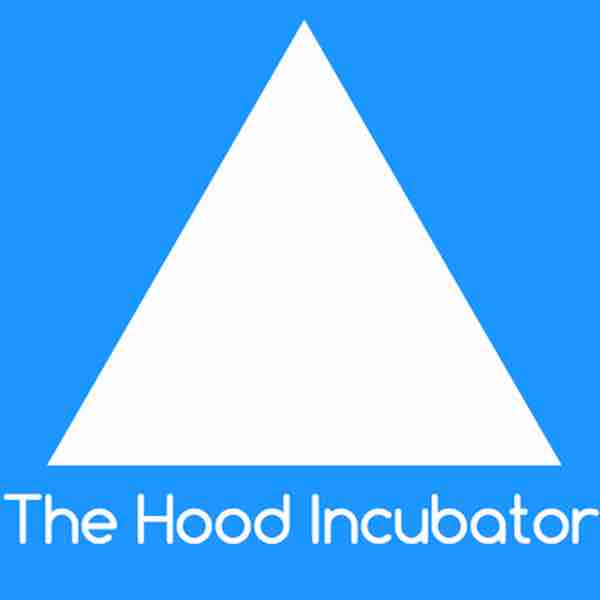
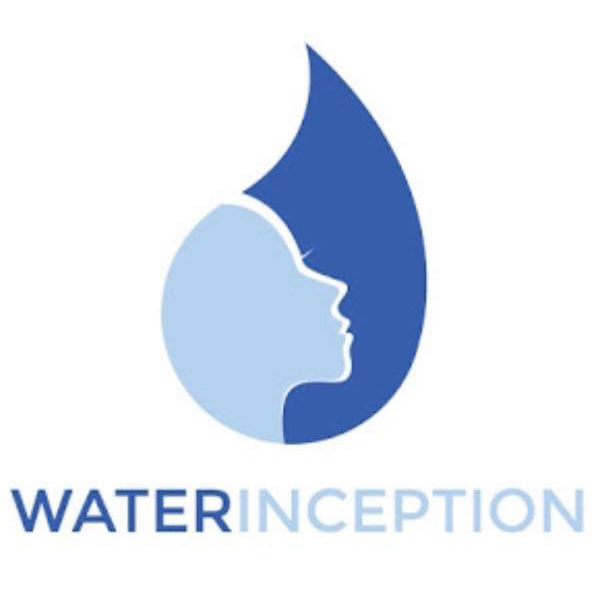
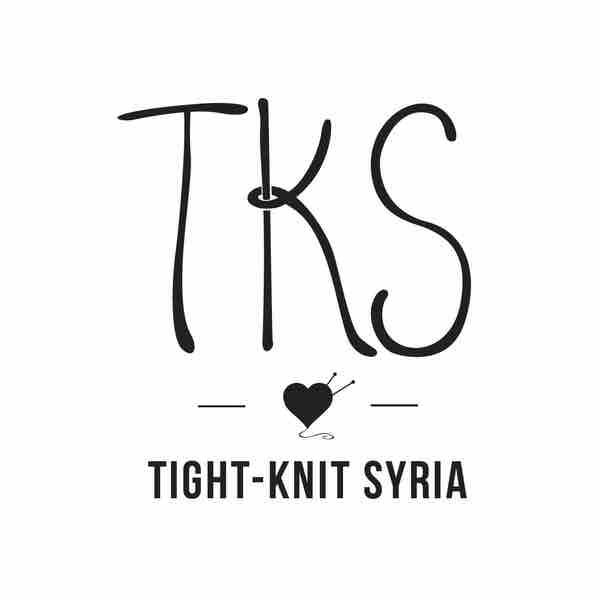
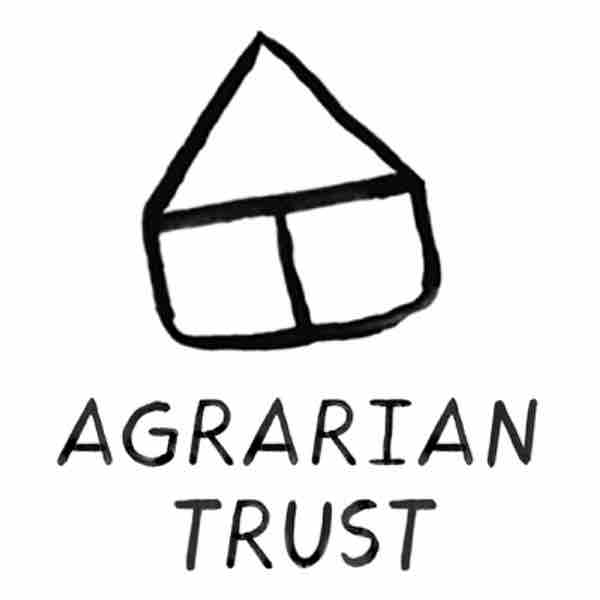
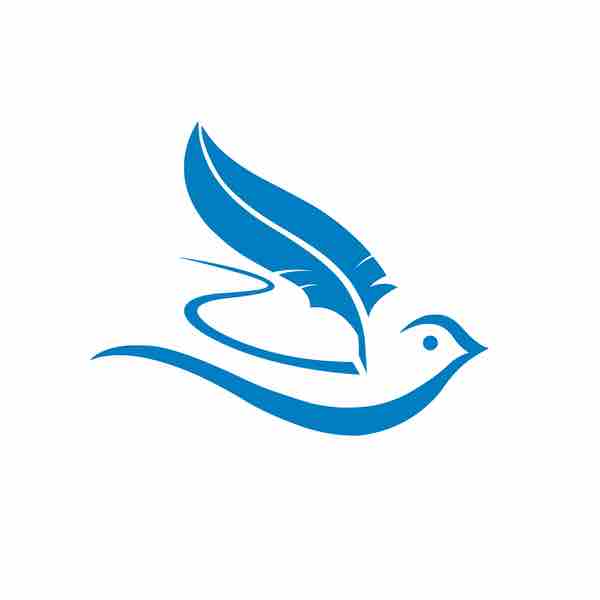
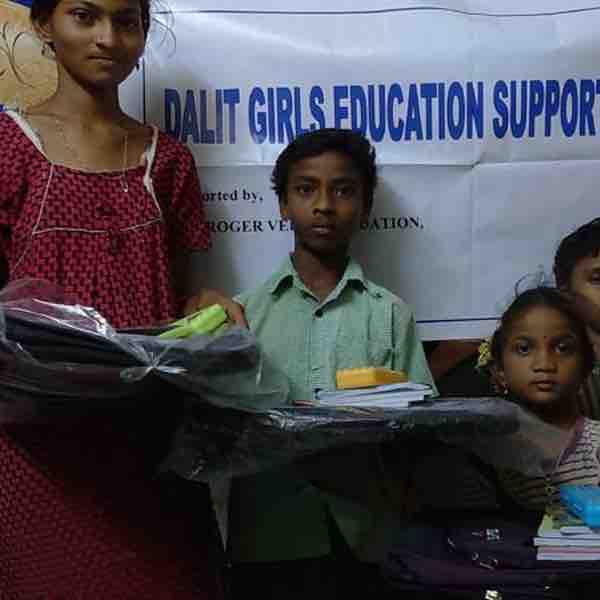
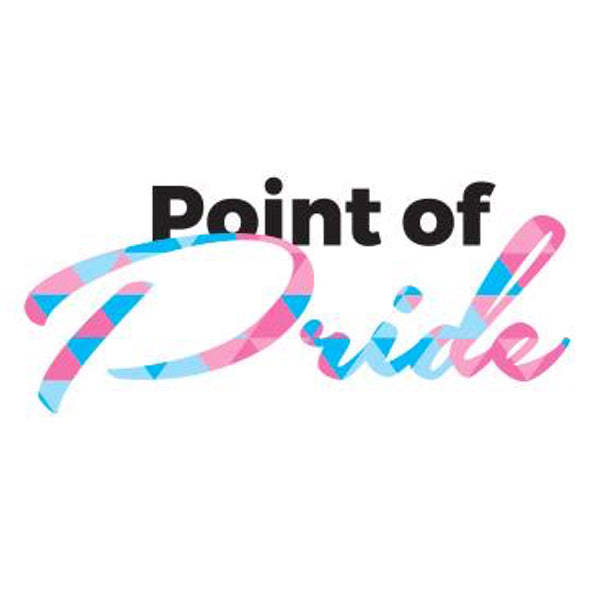
Join The Discussion